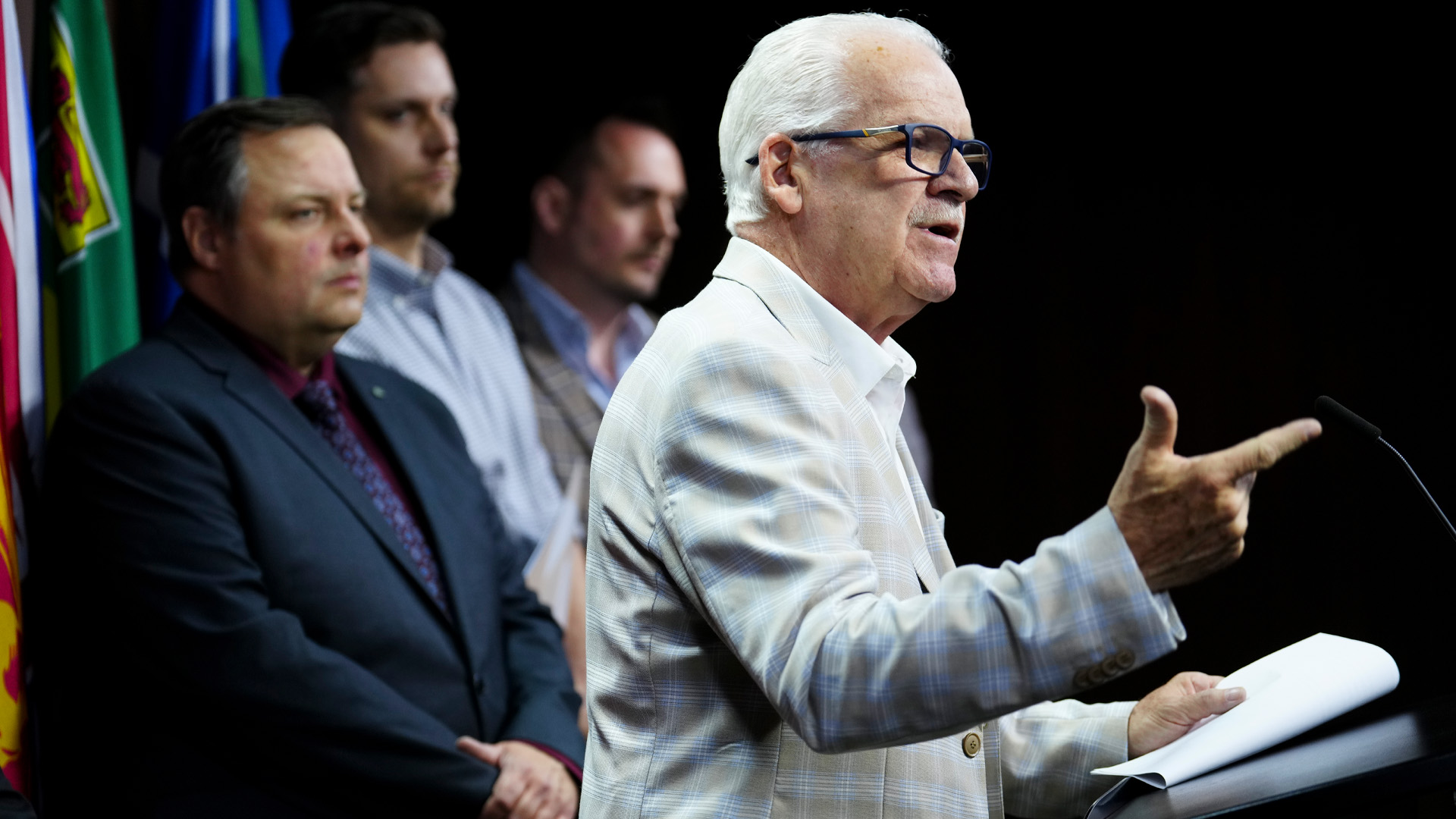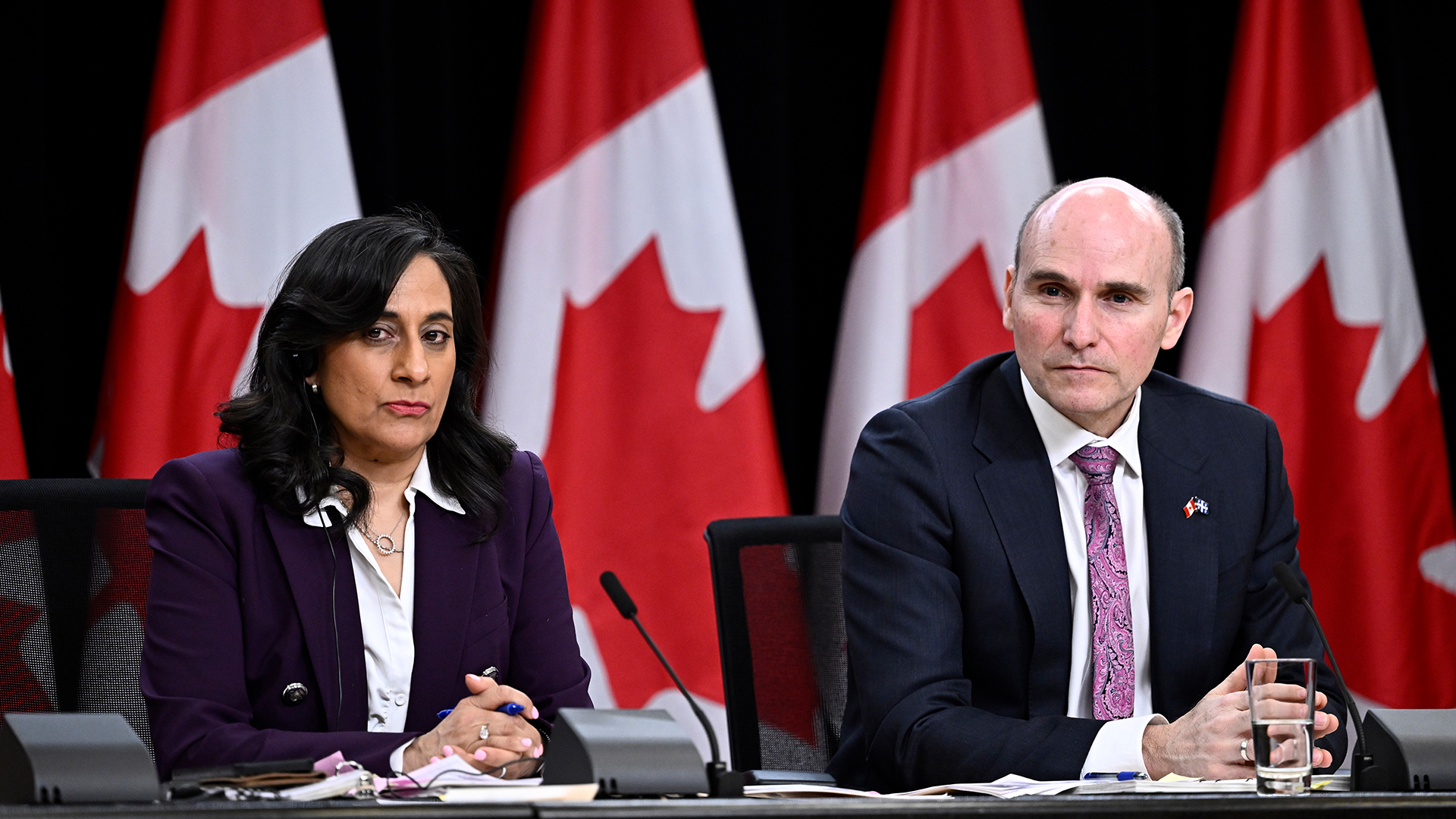
Technology and its influence in Canadian life was easily the top story of 2018. The Cambridge Analytica scandal kicked off the year; then issues surfaced about Facebook’s lobbying presence in Ottawa. The year rolled on with greater scrutiny of the role of technology in Canadians’ lives: some cast a critical eye on governance around the Sidewalk Labs smart city project on Toronto’s waterfront. Canada got serious about artificial intelligence with further work on the Pan-Canadian AI Strategy. Stories related to Huawei rounded out 2018, with international pressure to ban it from participating in developing Canada’s 5G infrastructures, and the arrest of its CFO, Meng Wanzhou, in Vancouver, on an extradition order from the US.
In a nutshell, tech got political in Canada.
In 2019, a federal election year, it is more vital than ever to look at the role of technology companies and their relationship to government. Canadians have real concerns about technology. They will be turning to leaders and to the ballot box to express their worries, fears and hopes. Technology firms hold a different place in society than other industries, and their lobbying and their role in public policy deserve to be looked at more closely.
Lobbyists and legislators
Rasmus Kleis Nielsen, Oxford’s first professor of political communication, says that tech companies have “platform power” in society. Platforms are powerful because of their ability to set standards, take automated action, keep data secret and operate across domains, among other facets of influence.
Lobbying by the technology industry — known for its disruption of traditional institutions — is different than lobbying by other industries. Tech lobbying is unique because the regulation of tech is so new, as is the opportunity to shape policy. Greater interest and concern are developing about the amount of tech lobbying of the Canadian government, and about the ethics of tech lobbying in a moment when the government is making a significant amount of public policy concerning technology.
The Trudeau government has placed a priority on technology as an economic driver in Canada. This has created another exceptional dynamic: technology companies are being courted to grow in Canada at the very time when regulations and policies for their products are under discussion.
A further juxtaposition to consider is the conflict of interest for politicians: they are regulating the Internet while it is one of their main avenues for campaigning. If politicians win under one regime of Internet regulation, could this influence their decision-making about changes to that regime? In a legal environment where campaign finance is strictly regulated, other tools that could bring electoral advantages may create pressure on policy-makers.
Canada has had a highly regulated lobbying system since the late 1980s. It has implemented many tools aligning with the OECD’s recommended measures for transparency and integrity in lobbying. However, the transparency measures don’t always illuminate the reality of lobbying in Canada. For example, company representatives don’t have to register as lobbyists until this work takes up 20 percent of their time. Faced with public scrutiny last spring, Facebook’s representative in Canada promised to join the lobbyist registry. Further, the required monthly communication reports for tech companies give only a vague description of the subjects discussed, such as “science and technology” or “elections,” which does not reveal the positions lobbyists are advocating.
One of the main concerns in this area is whether MPs and senators have enough information to conduct appropriate policy-making for technology.
My research at the Oxford Internet Institute from 2017-18 looked at how lobbying activity informs and shapes the way that government policy actors understand technology and digital rights in Canada. One of the main concerns in this area is whether MPs and senators have enough information to conduct appropriate policy-making for technology, and whether there are risks in having the technology companies themselves provide much of that information. Non-profits and advocacy groups also testify to committees and provide information, but on nowhere near the same scale as large technology companies; they must build their credibility and advocate to be heard on limited budgets. There is a balance of power issue when technology companies hold so much information and are regulated in an extremely limited way.
MPs involved in parliamentary committees that deal with technology do try to ensure that they get the background they need. Some employ researchers, some use the Library of Parliament, and others do their reading on long flights to constituencies. However, the vast diversity of files they are asked to cover and the rate of change in this field guarantee that the studying they can do will not be enough.
What citizens can do
If 2018 was the year of technology breaking into a political role in our life, 2019 could be the year that citizens take up their role in decision-making around technology. Digital rights are human rights in the digital era: equitable Internet access, privacy and security online, fair competition, and control of our data are some examples. Although the point is not always made explicitly, decisions around regulation in the digital realm are actually defining our rights as citizens.
A group of grassroots organizations has launched a campaign called Digital Rights Now, to call for a public education campaign and consultation on digital rights. Their assessment is spot on: it is not enough for citizens to express opinions and concerns; the public needs equal education about technology and its threats and opportunities to our society. Political parties need to step forward also and include tech issues in their 2019 platforms, to give Canadian voters a say in their digital rights. Developing platform positions will also help parties shape their approaches to regulating technology companies if they form government.
If we are looking for more accountability from technology companies, we need to look more closely at how they are providing information to our decision-makers, and we should ensure that politicians and their parties have access to balanced views about technology. More resources should go specifically toward research on issues of technology, including through the Library of Parliament. The Standing Committee on Access to Information, Privacy and Ethics has dug into many of the issues discussed here, but technology issues are a component of all sorts of parliamentary work. All parliamentarians need the relevant knowledge so that committee reports and legislation all benefit from it.
Further, the academic community and civil society can be tapped to check the information provided to parliamentarians. With better resources, these members of the community can provide input as easily as the corporate representatives who are paid to perform this role. Finally, policy-makers, politicians and not-for-profits need to tap into our larger community — Canadian citizens — and engage with them on digital rights.
Tech companies already hold significant power over citizens, and through their lobbying, they hold even more power over regulation. In 2019, let’s recognize the political role of technology companies in our society and government and ensure that their power is balanced with better information about technology for our government and citizens.
This article is part of the Wiring Public Policy for Digital Government special feature.
Photo: Shutterstock/By Markik
Do you have something to say about the article you just read? Be part of the Policy Options discussion, and send in your own submission. Here is a link on how to do it. | Souhaitez-vous réagir à cet article ? Joignez-vous aux débats d’Options politiques et soumettez-nous votre texte en suivant ces directives.








